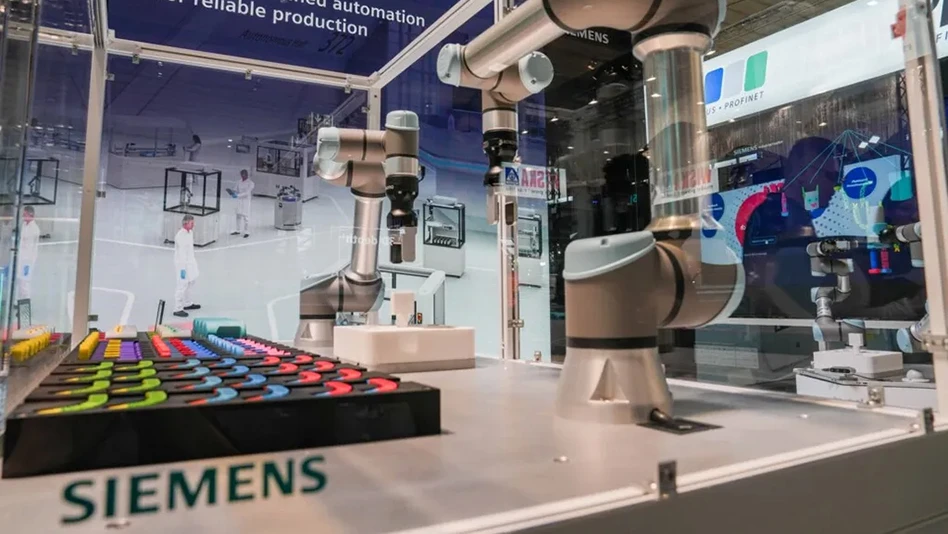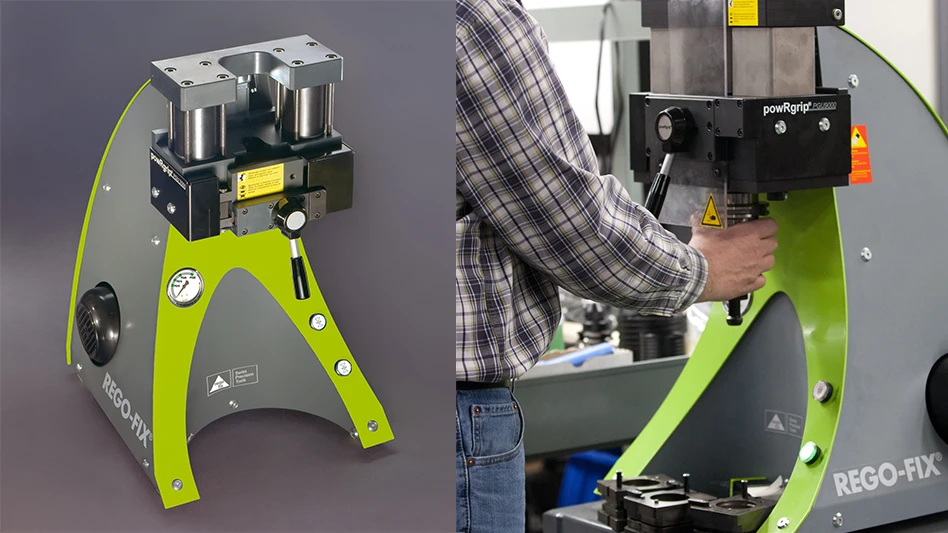
Moorestown, New Jersey – Denton Vacuum LLC, a leading manufacturer of thin film technology products, will present its findings regarding Denton’s current research and development on thin film coatings for use in cardiac pacemaker leads, neural stimulation and recording electrodes May 8 at the 2014 SVC TechCon Technical Program Symposia in Chicago.
Entitled Development of Titanium Nitride Fractal Coatings for Cardiac and Neural Electrostimulation Electrodes and presented by Craig Outten, PhD, Denton’s senior research and development scientist, these findings provide further insight regarding clinically approved medical implant applications that require protective, biocompatible coatings for products such as cardiac leads and neural implants.
As Outten explained, “this investigation and these findings relate thin film coatings for electrodes used in electrical stimulation of tissue, both cardiac and nerve, and the recording of electrical activity in these tissues. What we demonstrate here in our research to be presented is that we have characterized porous, columnar titanium nitride coatings deposited with repeatable, thin film processes that exhibit fractal microstructures at near room temperature.”
Near room temperature coating processes provide the dimensional stability critical for electrodes in the application of electrical stimulation, especially for those clinically approved for neural and central nervous systems (CNS) applications, such as deep brain stimulation (DBS), in which electrodes are implanted into "deep" white matter structures in the brain to treat symptoms of Parkinson's disease and movement disorders, as well as stroke, chronic pain, major depression, and chronic obesity, among others.
.jpg)
Figure 1. (Above) Focused Ion Beam micrograph- plan-view (top) and cross-section (bottom) of fractal TiN films deposited at (A & D) 25 o C; (B & E) 80 o C; and (C & F) 130 o C. Note: These films and Outten’s research were produced using a Denton Explorer located in Denton Vacuum’s Customer Applications Development Center (CADC) as part of Denton’s ongoing development work in optics and medical coatings.
Other clinically approved applications for which an electrode’s efficient charge injection for stimulation and low impedance for recording remains critical – and more tenable at a room temperature, thin film coating of titanium nitride – include vagus nerve stimulation (VNS) for epilepsy and major depression. In the extremities, functional electrical stimulation (FES) is used to deliver electrical current to activate nerves or muscles in disabled patients and has been used in treatment to aid in standing, walking, basic handgrips, and restoring bowel and bladder function.
“Denton’s research and development in this area is exciting,” Outten continued, “as many other clinically approved electrical stimulation applications exist on the horizon, including the restoration of somatosensation and vision, treatment of hypertension and gastroparesis, and the promotion of nerve regeneration.”
These findings and presentation reflect Denton Vacuum’s position as a leading provider of biocompatible thin films technology for complex 3D medical components that meet demanding clinical criteria for biocompatibility, wear, electrical impedance, uniformity and other critical properties. Denton leads the industry in providing robust, production-scale systems that answer medical implant manufacturers’ unique needs.
Source: Denton Vacuum LLC
Latest from Today's Medical Developments
- Hacker-proofing smart implants
- Register now to learn solutions for high-temperature aerospace machining challenges
- Expertise on machining, joining offered in April’s Manufacturing Lunch + Learn
- Incredible Machine works on the Rube Goldberg principle
- FAULHABER’s metal planetary gearhead family
- Aerospace Industry Outlook - Spring 2025, presented by Richard Aboulafia
- World’s smallest pacemaker is activated by light
- FANUC America’s ready-to-deploy cobot web tool





